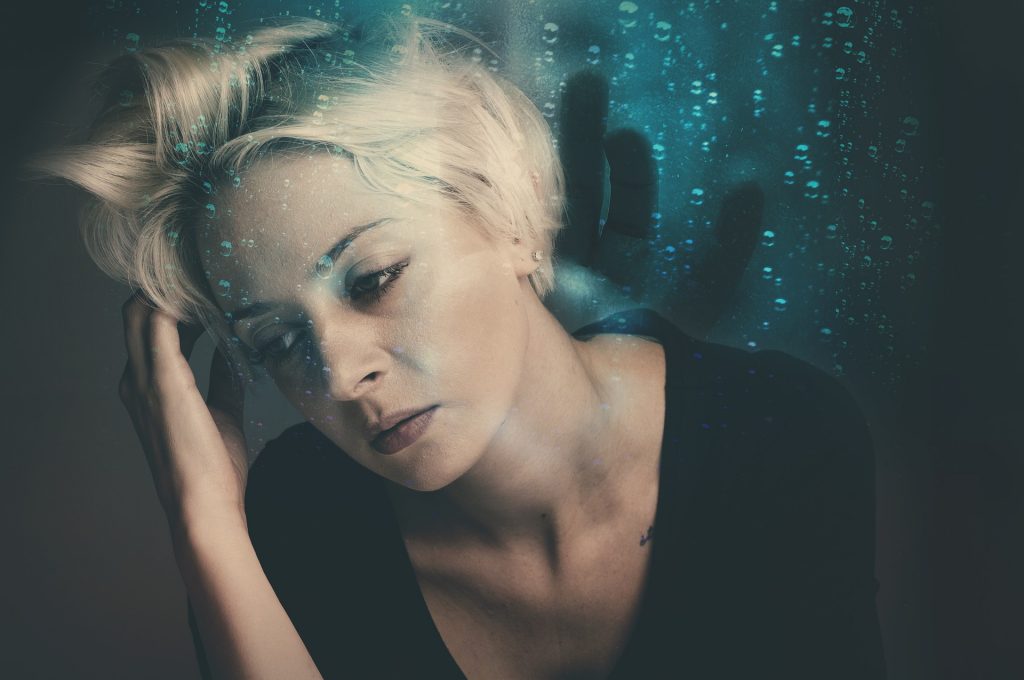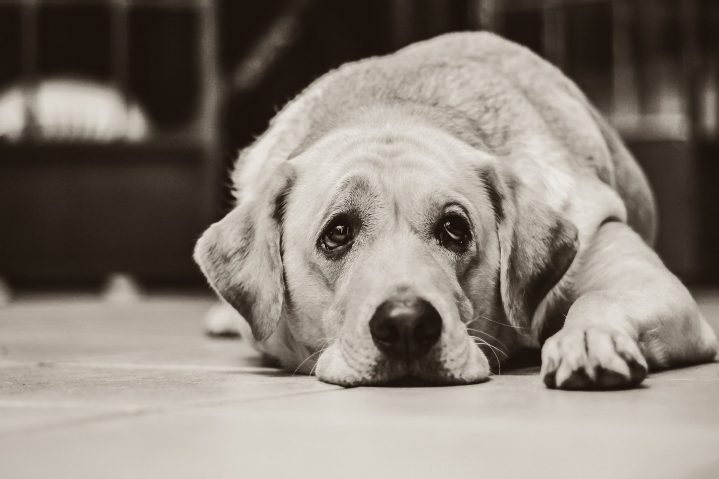5 minute read
I guess it goes without saying that stopping drinking is hard. Really hard. Obviously. That’s why a lot of us don’t do it even when we know we need to.
Tomorrow. I’ll do it tomorrow. Today isn’t the day. I just can’t today.
Monday. I’ll do it Monday. New week. New start. I’ll quit Monday, after this weekend.
Next month. I’ll do it next month. Day one will be my first day. I’ll quit then. I’m committed.
After my birthday. It’s time. I have to get a handle on this, so the day after my birthday, I’ll quit. I’ll give myself the best birthday gift that I can. This is going to be the year!
After the holidays. New year. New start. Perfect. I’ll quit for good January 1.
Sound familiar? This was me for many consecutive years – around 20, to be honest. And with each commitment, I honestly meant it.
There was a part of me who really wanted to quit, and a part of me who didn’t.
But I couldn’t, at least not long term, and so I went into several rehabs over the years. (You can read a little about this here.)
It sounds obvious, but the thing I dreaded most about going into rehab, was not drinking, especially for the first several days. Why do we feel so bad? Alcoholics Anonymous describes your state of mind as “restless, irritable, and discontented.” They sure got that right, but times ten for me, or so it felt.
How I hate the feeling of those first days not drinking.
Don’t you? Relentless edginess or an absolute lack of interest in anything – either one is equally miserable in my book.
For me, it went one of two ways – either (A) lacking interest, void of energy, and utter boredom even though I had plenty of distractions.
Nothing to look forward to. If this is sobriety, you can have it!

How can you feel both bored and anxious at the same time?
Or the other alternative, (B) jittery, tense and anxious with bouts of agitation verging on anger, punctuated by impatience and extreme irritation. Yep, that pretty much covers it. UGH! Do I want (A) or (B)? Neither.
Nothing feels good.
Such a bad place to be. And just a drink or two would do the trick. Seems like such a simple thing, just one or two.
And as you may know by now, giving into it only strengthens it. It is a fix, I understand that, but it’s temporary, and it means tomorrow, or later, you have the very same situation you have right now.
The problem is that, at the time, I didn’t care about later. I only cared about how I felt now.
Pursuing that type of short-term gratification is a common problem as a person addicted to alcohol. (There’s s good reason for that, but that’s another article topic.)
So, if you’re anything like me, long-term gratification isn’t always foremost in your mind. Sometimes it was, and in some areas of my life, but not with this, and it was very confusing and frustrating.
So, I got curious about my misery while in the last rehab. What’s really happening? I found out, and for some reason, just knowing what was going on inside my brain and body was enough to just barely tolerate it until it went away.
Why can’t we just go from drunk to sober without feeling like crap?
The short and simplified answer is this: the brain needs homeostasis–stability, balance, equilibrium. And that’s good. It keeps us alive. Body temperature is a good example. If it weren’t for the checks and balances our brains use to keep our body temperature at a fairly steady 98.6 degrees F, organs would be failing right and left, and we never would have made it out of our cave phase.
And while I’m generally glad we have this mechanism in place, when it comes to drinking, it’s not so great. In the trying-not-to-drink-scenario, it’s a serious deterrent to stopping drinking, because we feel so crappy at first.
Our body obviously gets out of homeostasis when we suddenly stop drinking, and it does, unfortunately, take a little time to come back to normal. And, unfortunately again, we can’t skip this part. If we could go straight to feeling okay, we’d do it, no problem. Right?
Your happiness set point needs time to readjust itself.
Back to homeostasis. It’s not immediate. A delicate balance takes a little time to achieve.

In a nutshell, what’s going on is that your capacity to feel happiness – joy, pleasure, or anything good, for that matter, needs to be reset. What used to make you feel good doesn’t right now because that set point was jacked up with alcohol use. Because you’ve most likely been getting a lot of feeling-good chemicals artificially, by using alcohol, and then you’re suddenly not, your mood plummets.
It will reset. It just takes time. So, this is you in the first days without alcohol.
It’s not pleasant, but it’s not permanent.
How long does it take? I think, for me it was probably at around the 15th+ day mark, maybe less. What did I do? Well, I’d like to say I had a secret magic pill. But I didn’t. I hated every minute of it. I just kept thinking, at least now I know the reason for it. It’s temporary. Hurry up brain chemistry – do your thing!
If you’re here now, please don’t give up, because you’re convinced there’s something wrong with you or this is your personality.
You can do this! If I can do it, you can. I am a normal, average person terribly addicted to alcohol for years. I am nothing special. I am no different than you. We are normal human beings having a normal experience.
I could not imagine happiness was possible, when I was experiencing such a dismal beginning to sobriety. And I gave up often over the years, but eventually, I made myself just push through the doubt.

Your brain will change, you just have to ride it out. Try to realize it’s just your brain resetting your happiness point.
It will, and you will feel different and better soon. Please ride it out! Don’t give up now! This is the hardest part. Trust me.

Recent Comments